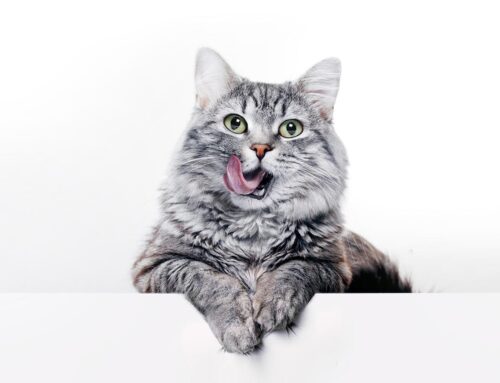For the month of July we will be sharing information on the importance of pet vaccinations and how vital these are to your pets health.
DO YOU KNOW WHAT DISEASES YOUR PETS PROTECTED AGAINST?
We see dogs and cats contracting these serious illnesses in this area every year. Prior to vaccination these illnesses were commonly found and can be fatal. It is due to vaccination that they are now less common. Your pet will need yearly vaccines to be allowed into kennels/cattery and will receive a full health check during the same appointment.
Here’s some questions and answers we hear regularly which may help you with your own questions.
“ My pet is too old to vaccinate”
The illnesses we vaccinate against are the most serious/fatal to either old or young pets so we must continue to vaccinate despite their age.
“ I have read that vaccines don’t need to be done yearly”
- Your dog is not vaccinated for the same thing every year
- Viruses change (like flu) regular vaccinations keep your pet covered for all strains
- In areas with low vaccination rates these diseases are still prevalent and your dog can easily contract these viruses if un-vaccinated
“ Will my pet be poorly after vaccination?”
Vaccines are incredibly safe therefore most pets will be fine. Some can feel a little off colour for 24hrs as we often do after Flu vaccination. Occasionally a small nodule will appear at the vaccine site but will disperse over a few days. The vet will give your pet a full health check before vaccination.
“My dog doesn’t go into kennels does it need kennel cough vaccine?”
Kennel cough is airborne and can be contracted when in close contact with other dogs. Dogs that have kennel cough can spread the virus for a few weeks after they stop coughing, so it is difficult to distinguish. If your dog is going to training classes or mixing in areas where other dogs have been they are at high risk.
“ My cat is an indoor cat, it doesn’t need vaccinations”
60-80% of cats have one or more of the “Flu” viruses in their body. They can catch it from their mother when young. In adult cats it can be spread through contact with other cats (un-vaccinated cats spread much more virus than vaccinated ones) or through sharing feeding or litter areas. We vaccinate against flue to remind the body to keep it under control rather than to prevent them from catching it. Leukaemia vaccination is optional but is highly recommended if any of your cats in the household go outdoors. For this reason, it is advisable to vaccinate indoor & outdoor cats against flu. Enteritis is a horrible disease that is important to prevent as most infected cats will die from this disease.


